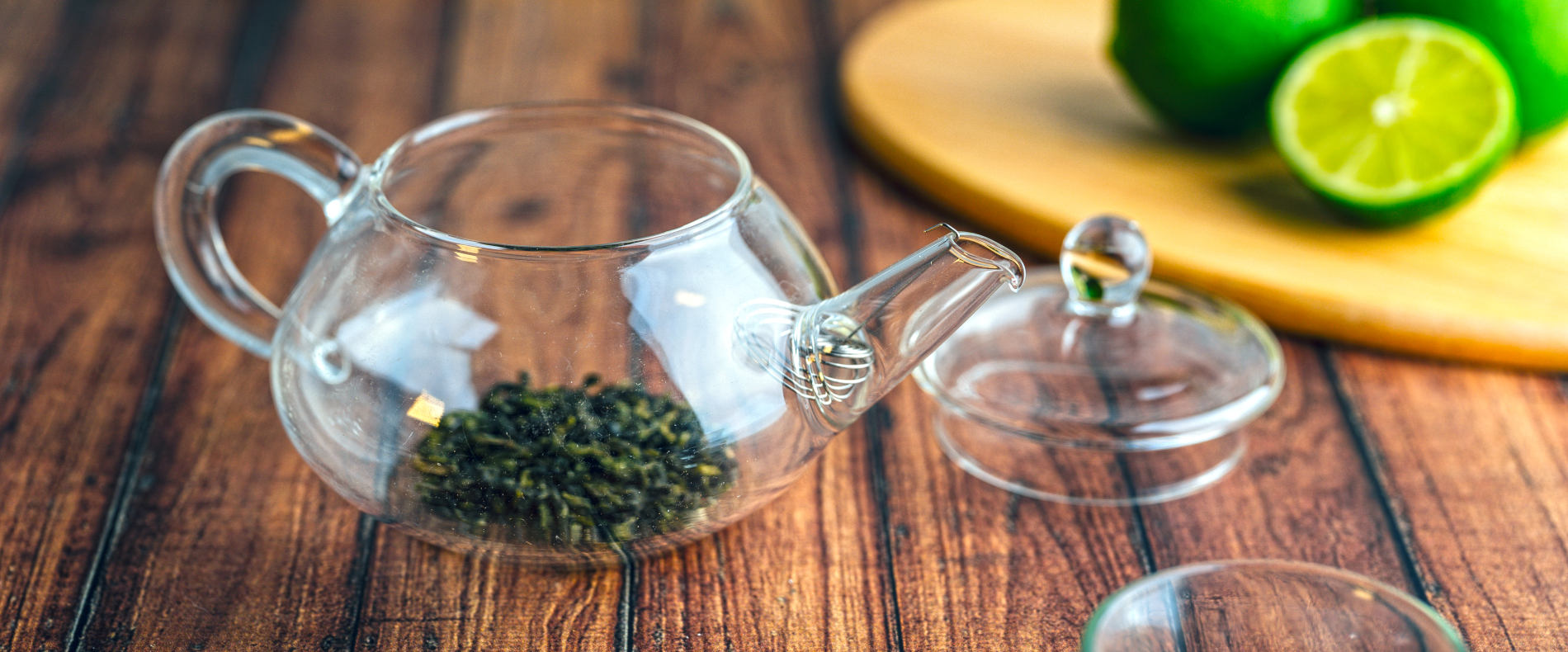
Antioxidants in tea - what does the research say in 2025?
Tea is (as you may know) the world's second most popular drink after water, and even in coffee country Sweden, interest is growing. We are often asked about tea and health, and recently there has been more and more research to lean on. One factor is that tea contains lots of antioxidants - natural substances that are believed to help protect the body's cells against damage from oxidative stress. But what do we really know and what is just talk? Does it matter if you drink tea or not?
What are antioxidants - and why bother?
Antioxidants are molecules that neutralize free radicals, reactive substances that can damage cells, proteins and DNA. Free radicals are formed both naturally in the body and as a result of external factors such as smoking, UV radiation or air pollution. Oxidative stress, when there are too many free radicals in relation to antioxidants, is linked to ageing, cardiovascular disease and some cancers. The body has its own defense system, but we also get antioxidants through diet. And this is where tea comes in.
Tea's main antioxidants
Tea is particularly rich in polyphenols, with catechins (mainly in green tea) and theaflavins (in black tea) dominating. Some of the most studied substances are:
- EGCG (epigallocatechin gallate) - highly abundant in green tea and matcha
- Theaflavins - formed during the oxidation process in black tea
- Flavan-3-ols - common name for a group of bioactive flavonoids
What does the recent research say?
1. Flavan-3-ols and blood pressure
A systematic review from the University of Surrey (2024), based on 145 randomized controlled trials, found that a daily intake of 400-600 mg of flavan-3-ols (equivalent to about 2-4 cups of green tea) was linked to:
- Lowering systolic blood pressure by 1.5-2.5 mmHg
- Improving blood vessel function (endothelial function) by up to 20%
Source: University of Surrey, published 2024,
Link to article
2. Flavonoids and healthy ageing
A prospective study in The American Journal of Clinical Nutrition (2023) with over 85,000 participants over the age of 60 found that:
- Those with the highest flavonoid intake had a 15% lower risk of (age) frailty.
- There was also an association with better mental and physical health
- Tea, berries, citrus and apples were the major flavonoid sources.
Health. com, 2023. Link to abstract
3. Green tea and stroke
A Japanese cohort study - that is, a study that follows one or more groups of people over several years - from 2023 showed that people who drank 2-4 cups of green tea per day had:
- Up to 24% lower risk of stroke
- The benefits were particularly evident among people over 50
- EGCG is thought to play a key role in reducing inflammation and improving blood flow.
Cleveland Clinic, 2023. Link to article
How much tea is needed?
The effects in studies are most commonly seen at 2-4 cups per day, which corresponds to about 400-600 mg of flavan-3-ols - depending on the tea variety, brewing time and amount.
Tip #1: Matcha contains up to 137 times more EGCG than regular green tea (Weiss & Anderton, 2003), since you are effectively drinking the whole leaf. Matcha is made from ground tea leaves.
Tip #2: Do not use hotter water than about 80°C for green tea. The antioxidants in tea are more heat-sensitive than those in black tea, and green tea becomes bitter if you brew it in boiling water.
Conclusion: Tea is a wise choice - but not a miracle
Research shows that drinking tea regularly can have measurable positive effects on blood pressure, blood vessel function and ageing processes. It is, of course, no substitute for medicine, but is part of a balanced lifestyle.
Benefits of tea
- Rich source of bioactive antioxidants
- Easy to adopt as a daily habit
- May contribute to long-term cardiovascular health and cell protection
Are there no disadvantages?
Well, if you are otherwise healthy, tea is not harmful. But beware of extracts that may contain extreme amounts of different substances - excessive intake can cause side effects.
Some antioxidants can affect iron absorption, so avoid tea directly with meals if you're iron deficient.